
Scrut made audits simple, with clear explanations, organized controls, and seamless integration into our workflows. Even support went beyond hours.
Tailor any framework to your needs, or upload your own with a simple CSV. No hunting for templates, no switching between tools. Scrut keeps it all in one place.
Demonstrate strong security controls, build customer trust, and accelerate growth. Our built-in SOC 2 controls help you navigate complexities and achieve compliance with ease.
Keep your payment security airtight. Breeze through PCI DSS compliance with real-time monitoring, automated evidence collection, gap analysis, and expert guidance.
Follow HIPAA best practices and automate your compliance workflows. Protect your PHI while taking the complexity out of HIPAA compliance.
Prove your commitment to security, unlock enterprise opportunities, and achieve ISO 27001 compliance faster with prebuilt controls and automated workflows.
If you’re a business incorporating AI, Scrut helps you manage your AI risks by adopting the NIST AI Risk Management Framework to ensure safety, transparency, and responsibility.






PCI DSS 4.0 is the latest security standard designed to protect credit card data and prevent fraud.
It applies to all entities that process, store, or transmit cardholder data, including merchants, service providers, and financial institutions.

Streamline PCI DSS compliance across all levels. Ensure efficient adherence to cardholder data protection and payment security requirements.

Meet the latest security and compliance standards for cardholder data protection with a platform that fully aligns with PCI DSS 4.0.

Complete and attest to PCI DSS Self-Assessment Questionnaires (SAQs). Enable continuous control monitoring and ensure audit-readiness.

Get specialized data privacy training, so your team understands and follows PCI DSS security requirements for payment data protection instinctively.
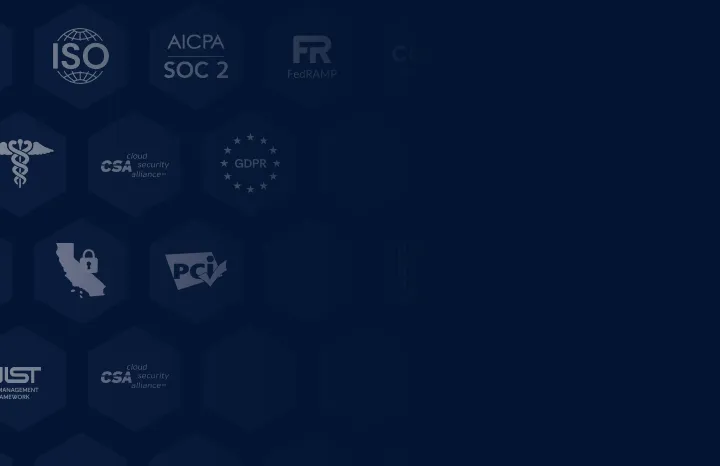
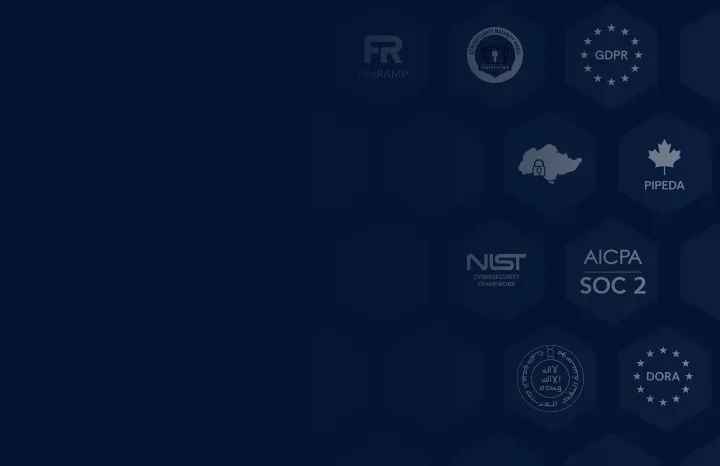
Use our Compliance Compass to get a detailed report on the compliance frameworks that align with your business priorities.
Scrut simplifies your PCI DSS journey so you can secure customer and stakeholder trust from day one.
Accelerate your compliance with pre-built controls and content library mapped to PCI DSS requirements.
Upload/sync your existing policies or create a new one with expert-vetted templates.
Scrut aligns each control to the exact PCI DSS 4.0 clause it supports, so you can track coverage at the requirement level and prepare evidence tailored to your SAQ or ROC path.


Leverage hundreds of prebuilt tests to identify gaps against PCI DSS controls. Let the platform monitor your PCI DSS controls continuously, and automatically gather evidence in auditor-friendly formats.
Scrut runs automated tests, like checking open ports, MFA enforcement, TLS configurations, and logging status, mapped to PCI DSS 4.0 requirements.


Bring your own auditors or get access to PCI DSS auditors from the Scrut Partner Network. Create PCI DSS audit projects, collaborate with auditors and navigate PCI compliance requirements, within the Scrut Platform.
Scrut gives auditors structured access to PCI-specific control mappings, clause references, and linked evidence, so they can validate conformance without requesting scattered documentation or off-platform exports.

Our in-house PCI DSS compliance experts will help you build an action plan, fix control gaps, and implement the right security controls.
Ensure a robust, audit-ready security posture and align with the latest industry best practices. They also help interpret technical clauses, advise on compensating controls where applicable, and ensure that remediation steps meet PCI DSS 4.0 expectations without unnecessary overhead.


Scrut made audits simple, with clear explanations, organized controls, and seamless integration into our workflows. Even support went beyond hours.



Scrut’s platform made fintech compliance easy to navigate and helped us raise the bar on security at Cashfree.



Scrut helped our company navigate the complexities of SOC 2, ISO 27001, HIPAA, GDPR, CCPA, and PCI compliance with ease.
.webp)

.svg)


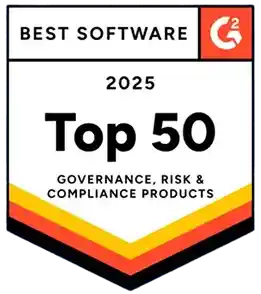
%20(1).png)
%20(1).png)




Integrate the Scrut Platfrom with your cloud infrastructure, application stack and security toolkit.
Automatically track PCI DSS control status and collect evidence. Identify gaps through actionable dashboards and fix what matters.
Get a structured implementation plan with prebuilt, PCI DSS-aligned controls, policies and tests.
Use auditor-vetted templates that are customizable to your business’s unique requirements, and get started quickly.
Automatically detect compliance gaps and get instant alerts when issues arise.
Assign tasks, track remediation, and collaborate within the Platform. Ensure readiness before your audit.
Invite internal auditors and external PCI DSS Qualified Security Assessors (QSAs) to the platform
Review evidence, track progress, and conduct assessments in one place.
Stay aligned with PCI DSS guidelines with continuous security control monitoring.
Stay ready for the next audit with automated evidence collection, detailed compliance reports, and real-time alerts for policy revisions and test failures.




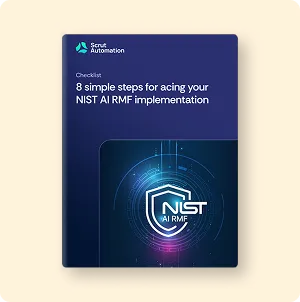

In the current macroeconomic environment, lower revenues, workforce reduction, and higher production costs are normalized. On one hand, an influx of cybercrime at unprecedented levels necessitates more vigilance, while on the other...

The Payment Card Industry Data Security Standard (PCI DSS) underwent a major update in March 2022. Following this, a limited revision, PCI DSS 4.0.1, was introduced to refine and enhance the standard’s usability.

As a patient engagement platform on a mission to allow patients access medical care with 10x less stress and effort, Cortico knew all too well about the multiple compliance requirements that arise at the intersection of health care & technology.

ISO 27001 is a well-known system for handling information security. Companies in different fields, such as IT, healthcare, finance, and manufacturing, use it around the world. This standard helps businesses build a...
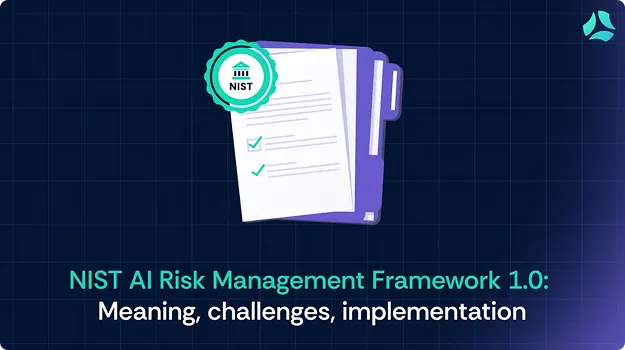
As Artificial Intelligence (AI) technologies become more widespread, managing risks such as bias, security vulnerabilities, and unpredictability is increasingly important.
Manage your PCI DSS compliance with real-time monitoring and effortless automation. Get started with Scrut today!



